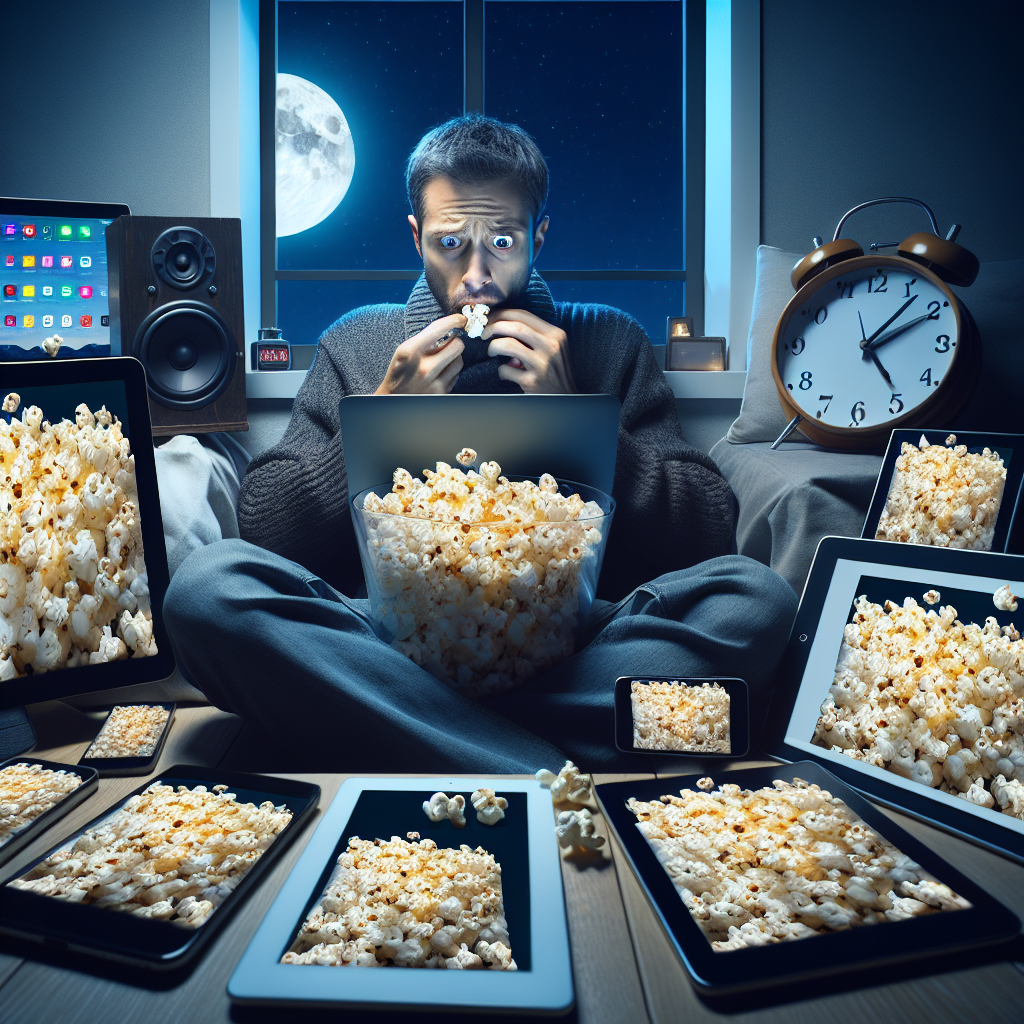
Popcorn Brain Effects and Tips to Reduce Screen Time
In today’s digital age, where screens dominate our lives, a new mental health concern has emerged: popcorn brain. This condition is characterized by the brain’s altered ability to adapt to the fast-paced and hyper-stimulating world of digital technology. In this blog post, we will delve into what popcorn brain is, why it poses a significant health risk, and provide practical tips to cut down on screen time.
What is Popcorn Brain?
Popcorn brain is a term used to describe the phenomenon where the brain becomes accustomed to the constant stimulation and instant gratification provided by digital devices. This condition mirrors how a person might struggle to appreciate a quieter, slower-paced environment after getting used to rapid-fire entertainment.
Symptoms of Popcorn Brain
Some common symptoms associated with popcorn brain include:
- Anxiety when not checking a phone or device
- Difficulty focusing on tasks that don’t provide immediate stimulation
- Impatience in real-world conversations or activities
- Constantly seeking new media or information
Why is It a Major Health Concern?
Popcorn brain can have numerous adverse effects on mental health and well-being. Here are some notable concerns:
- Impaired Attention Span: Constant exposure to fast-changing digital stimuli can make it tough to concentrate on one task for an extended period.
- Increased Anxiety and Stress: The urge to constantly check notifications can lead to heightened anxiety levels.
- Detrimental Social Interactions: Real-world interactions and relationships may suffer due to diminished patience and focus.
Tips to Reduce Screen Time
Reducing screen time not only combats popcorn brain but also enhances overall mental health. Below are some practical tips:
Set Clear Boundaries
Establishing boundaries with devices can significantly cut down screen time:
- Designate no-tech zones in your home, like the dining area and bedroom.
- Implement screen-free time slots, especially before bed and during meals.
Use Technology to Limit Technology
Ironically, the very technology causing popcorn brain can also help mitigate it:
- Set app limits on your phone to restrict time spent on social media.
- Use screen time tracking apps to monitor usage patterns and set goals for reduction.
Find Alternative Activities
To combat the constant desire for digital stimulation, engage in real-world activities:
- Pursue hobbies such as reading, painting, or gardening.
- Join clubs or groups to encourage social interactions outside the digital sphere.
Practice Mindfulness
Mindfulness practices can help in retraining the brain to focus and engage more deeply:
- Try meditation or yoga to cultivate a sense of peace and presence.
- Engage in mindful walking or sitting exercises, concentrating on your breathing.
Reinforce Real-world Connections
Strengthen personal relationships to balance screen interactions:
- Plan regular meet-ups with friends and family.
- Engage in community service or volunteer work to broaden your social network.
Conclusion
In a world dominated by screens, popcorn brain emerges as a tangible risk to mental health. By instituting intentional practices aimed at reducing screen time, such as setting boundaries, leveraging technology positively, engaging in alternative activities, practicing mindfulness, and reinforcing real-world connections, one can effectively combat the adverse effects of this modern condition.
Adopting these strategies not only alleviates symptoms associated with popcorn brain but also fosters a healthier, more balanced approach to technology in our daily lives. As we recalibrate our relationship with screens, we can more fully embrace and enjoy the richness of human experiences that exist beyond the digital world.
By making small, deliberate changes today, we can ensure a healthier mental state tomorrow. Remember, the key is not to eliminate technology altogether but to use it in ways that enhance rather than detract from our overall well-being.




